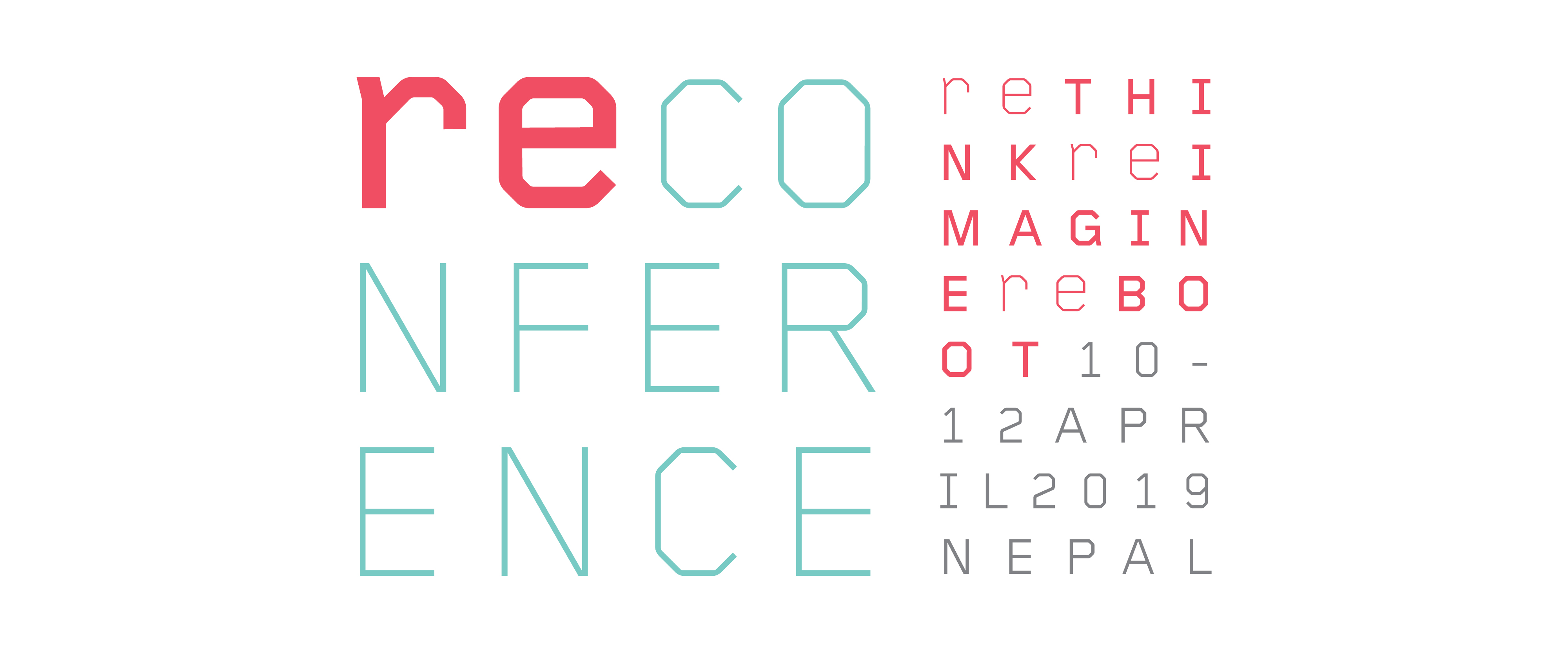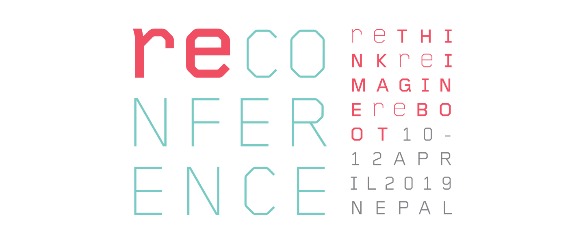environmental justice
Recognizing the collective power of the women's rights and environmental movements, this track engages with radical, creative and intersectional approaches to climate change and environmental justice while being mindful of social and gender inequalities.
At reconference we will:
rethink issues of gender, sexuality, disability, health and human rights drawing upon the intersections that exist with the environment.
reimagine models of resistance and leadership inspired by the collective power of women in environmental activism.
reboot our activism, struggles and practices to understand and address the social and gender inequalities faced by people on the margins because of environmental trends.
We will explore the emerging environmental issues of our times, including climate change, displacement, migration, and rethink their impact on the bodies, lives, lands and livelihoods of people on the margins. We will rethink how issues of sex work, disability, sexual health, reproductive freedoms and bodily autonomy are impacted by this.
We will connect the issues of consent, criminalization, pleasure and danger, sexual expression and gender identity to the degradation and exploitation of the natural environment, and rethink how we approach the intersecting power structures that create these multiple oppressions.
We will reimagine links between women’s rights, disability rights, sex worker rights, LBTI rights movements and feminist environmental movements through a more comprehensive feminist analysis of human rights to make them more inclusive, diverse and powerful.
We will connect women's struggles to protect their lands, habitats and natural resources to their struggles for the integrity, security and autonomy of their bodies and identities.
We will reboot our collective organizing and offer an integrated feminist approach to the protection of our bodies and our lands and habitats that could help build greater solidarity and alliances with movements for sexual, reproductive, economic, social and cultural rights.
At reconference we will:
rethink issues of gender, sexuality, disability, health and human rights drawing upon the intersections that exist with the environment.
reimagine models of resistance and leadership inspired by the collective power of women in environmental activism.
reboot our activism, struggles and practices to understand and address the social and gender inequalities faced by people on the margins because of environmental trends.
We will explore the emerging environmental issues of our times, including climate change, displacement, migration, and rethink their impact on the bodies, lives, lands and livelihoods of people on the margins. We will rethink how issues of sex work, disability, sexual health, reproductive freedoms and bodily autonomy are impacted by this.
We will connect the issues of consent, criminalization, pleasure and danger, sexual expression and gender identity to the degradation and exploitation of the natural environment, and rethink how we approach the intersecting power structures that create these multiple oppressions.
We will reimagine links between women’s rights, disability rights, sex worker rights, LBTI rights movements and feminist environmental movements through a more comprehensive feminist analysis of human rights to make them more inclusive, diverse and powerful.
We will connect women's struggles to protect their lands, habitats and natural resources to their struggles for the integrity, security and autonomy of their bodies and identities.
We will reboot our collective organizing and offer an integrated feminist approach to the protection of our bodies and our lands and habitats that could help build greater solidarity and alliances with movements for sexual, reproductive, economic, social and cultural rights.





